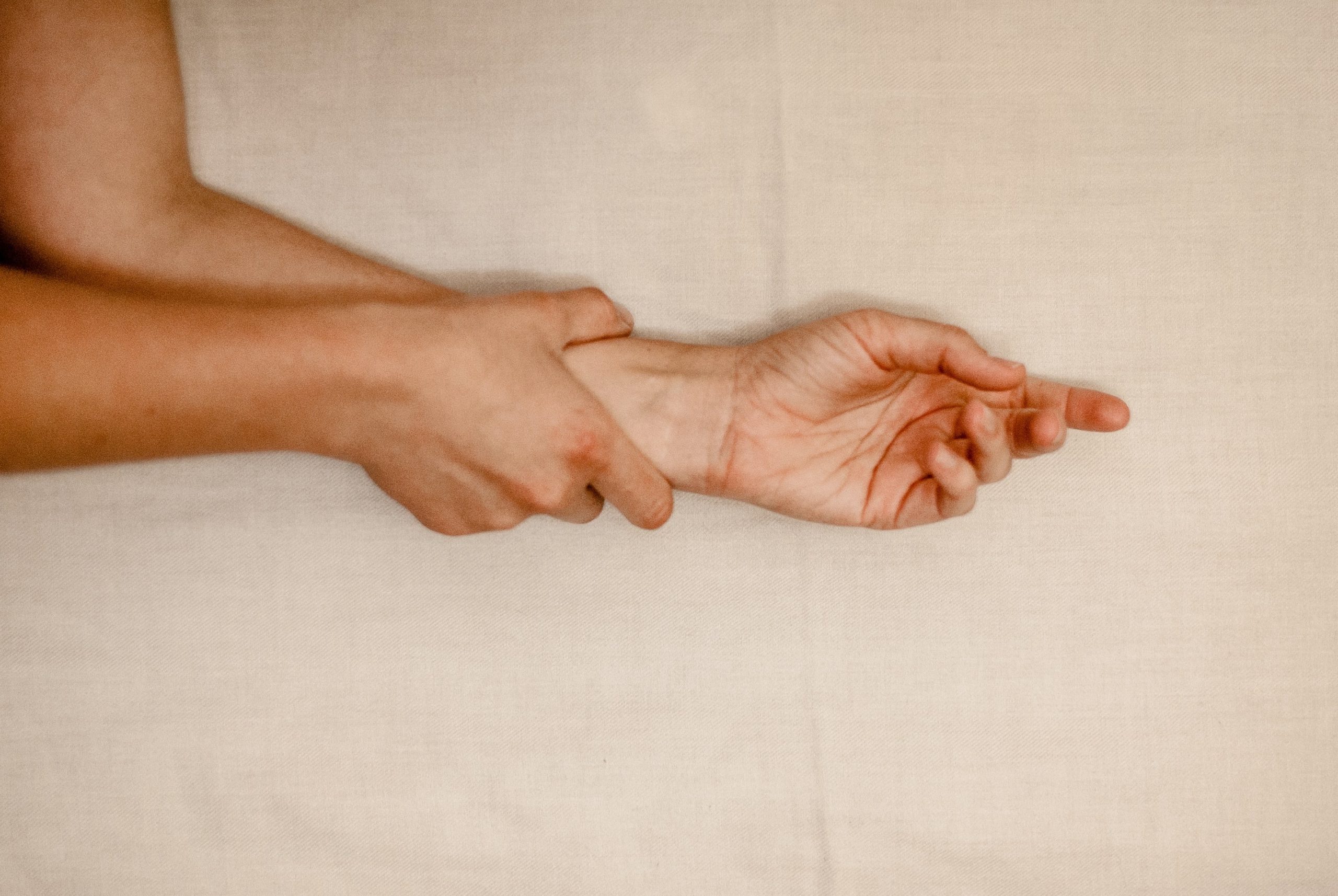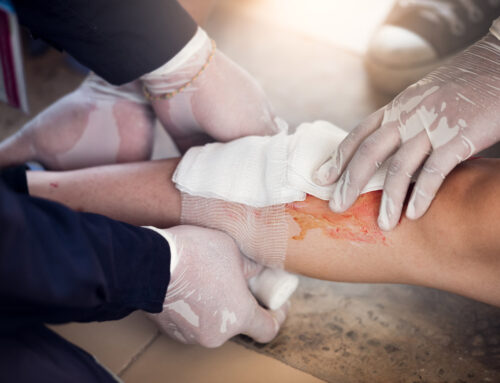The human nervous system is complex, so of course, it comes with complications. DCS, which is short for Double Crush Syndrome, is a neurological issue that involves a nerve pinching in two or more places on the body, causing symptoms that are amplified. Carpal Tunnel is one of the most common cases of nerve-pinching medical complications. In fact, patients with Carpal Tunnel are often later found to have an additional compression in the neck, chest, back, or other region of the body, though the original diagnosis was of only a single compression. That’s gotta really get on their nerves.
Unlike Carpal Tunnel Syndrome, which is often caused by wrist fractures that put pressure on the median nerve, doctors are still trying to figure out the exact cause or causes of DCS. The Double Crush Hypothesis was first formed in 1973, and suggests that compression in one site increases the probability of compression in another, but that has not been entirely proven yet, though medical professionals continue to study DCS. Double Crush Syndrome has been found to be more likely to occur in patients with conditions such as diabetes, thyroid disease, alcoholism, peripheral vascular disease, obesity, and immune diseases. The symptoms include:
- “Pins and needles” sensation
- Burning
- Numbness
- Weakness
- Extreme pain
- Headaches
- Slouching
- Difficulty moving the affected location or restricted mobility
- Neck pain
Double Crush = Double Treatment
Treating only one of the areas in which the affected nerve is pinching would be a serious case of medical malpractice, which is the act or failure to act by a medical professional that strays from the accepted standard of care. Failing to treat additional compressions can cause residuary symptoms such as weakness, numbness, and tingling sensations from the untreated site. Neglecting other regions can also cause that location’s symptoms to become even worse than they were before the first compression was corrected. Doctors are responsible for thoroughly examining their patients to ensure that issues, such as a second area being pinched by a nerve, are not overlooked. DCS can be treated in a variety of ways, including:
- Spinal adjustments
- Strengthening exercises and stretches
- Joint mobilizations
- Physical therapy
- Surgery
- Splints
If you suspect that you may have Double Crush Syndrome, contact a doctor immediately for a diagnosis and treatment plan, otherwise, it will only worsen with time.
Medical Malpractice and negligence are taxing on your body and your finances. Conditions like Double Crush Syndrome require expensive treatments, and time away from work resulting in mountains of lost wages and medical bills. If you have any suspicion that you’ve been made a victim of medical malpractice, don’t get nerve-ous. Keep calm, and contact an attorney as soon as possible for a free consultation, and get the compensation you deserve. Don’t let someone else’s carelessness double-crush you.







